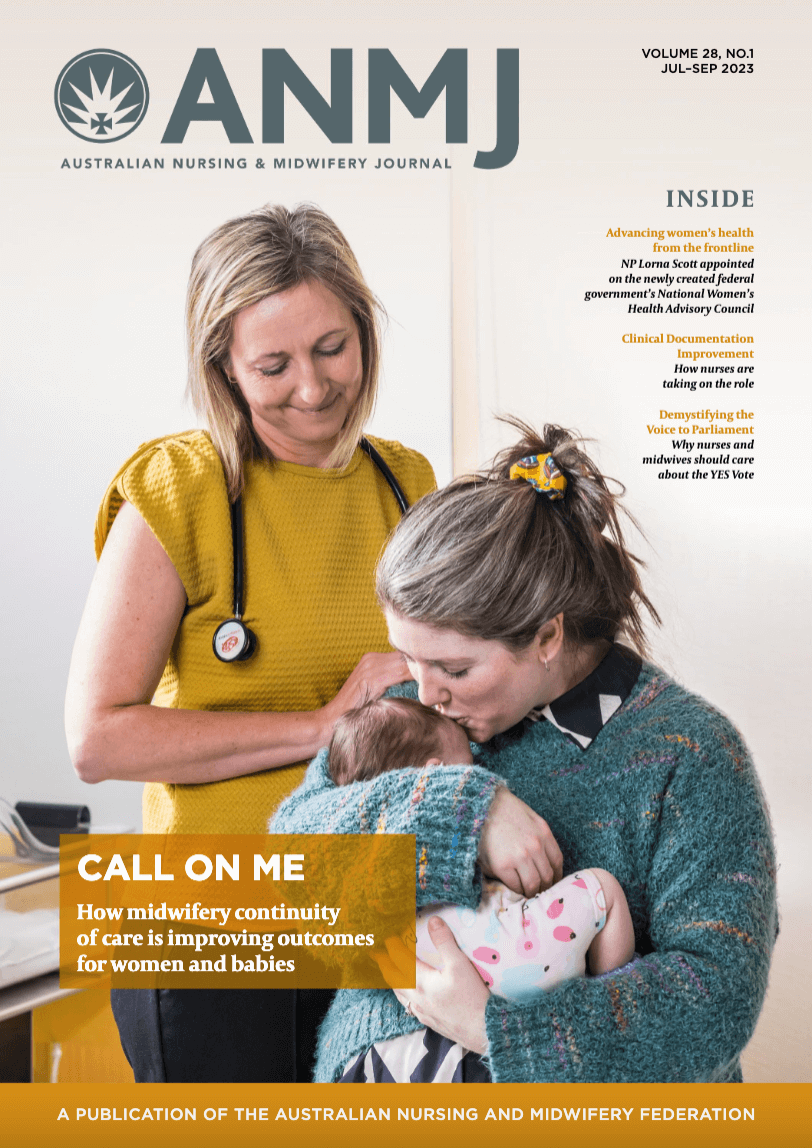It’s fresh, seasonal food that gives energy and pleasure to those in aged care, argues renowned celebrity cook Maggie Beer
Yet findings of a new study show a decrease in spending on raw food and an increase in spending on supplements in some residential aged care facilities (RACFs). The study published in Nutrition and Dietetics Journal showed RACFs spend a meagre $6.08 a day for three meals a day per resident. This equated to nearly 1.4 times less than the current food budget for prisoners and nearly three times less than the Australian average of older adults living in the community.
Half of aged care residents suffered from malnutrition, the research found.
Senior Australian of the Year in 2010, Maggie Beer set up her foundation entirely for aged care in 2014. One of her 900 requests at that time included an event with 1,000 CEOs of aged care.
Consequently Maggie became determined to change the culinary experiences of older Australians and spent a couple of years hoping to get the government to do something about it. “They were interested but there was no money. So I decided to set up a foundation was the way to go. And we did exactly that.”
The Maggie Beer Foundation is bringing national attention to the issue of food in aged care. The foundation has introduced education to aged care facilities to enhance the delivery of food and wellbeing approaches in aged care.
“It’s about not using frozen food, it’s serving soups made from stock made from scratch, having a vegie garden and the processes in place to use herbs from the garden,” says Maggie.
“It’s about having real food that is familiar and full of protein necessary for their age. Many older people don’t have a huge appetite so every bit has to count with the right nutrients and for pleasure – one without the other isn’t any good.”
It’s also broader than the food, argues Maggie. “It’s about being served, the ambience, and to make it a place of home, a familiar place.”
A former student nurse at Concord Hospital in NSW another life time ago, Maggie greatly respects nurses. She wants no nurse to have to mash pureed food together on a plate so it’s unrecognisable.
“We need proper programs to share and make food for people with dysphasia beautiful. That’s why I say a cook or a chef in an aged care home has to really care; it is harder than being a cook in a café. They have to learn so much more and there’s no accredited system.”
ANMF A/Federal Secretary Annie Butler said the quality and amount of food that vulnerable, elderly nursing home residents were being served was one of the major concerns that nurses, carers and families of residents had about Australia’s aged care system
“Our members working in aged care have reported that the food being served in nursing homes is often inadequate, unappetising and not nutritious, with one report stating that party pies were blended up as a meal for residents.”
Meal times were extremely important for residents’ social interaction, says Ms Butler. “It’s something they look forward to and it breaks up the day. So when meals aren’t appetising or nutritious, they don’t want to eat and it deprives them of the vital social interaction they need to spend with other residents. It’s failing them on so many levels.”
Maggie says it is thinking differently about food that is so important. “Homes where food is not important and not beautiful, we need to change, it’s about deinstitutionalising food, there is absolutely no need for it.
“It needs new thinking and a new approach with a different mindset. So many things are done the same way because that’s how they’ve always been done.
“Everyone is working hard – you need a catalyst for change. Part of that is having an understanding that lovely simple food full of nutrients that provide pleasure and give protein for energy for those in aged care to be active to undertake physical exercise within their scope.”









2 Responses
Perhaps Maggie should get the RSL. Aged care on board and others may follow. Our old veterans deserve fresh food.
https://rsllifecare.org.au/residential-care/
My mother was recently served a scoop of mashed potato, half a slice of white bread and 2 sausage rolls for dinner whilst on respite in a Hobart nursing home . That’s not the half of it!